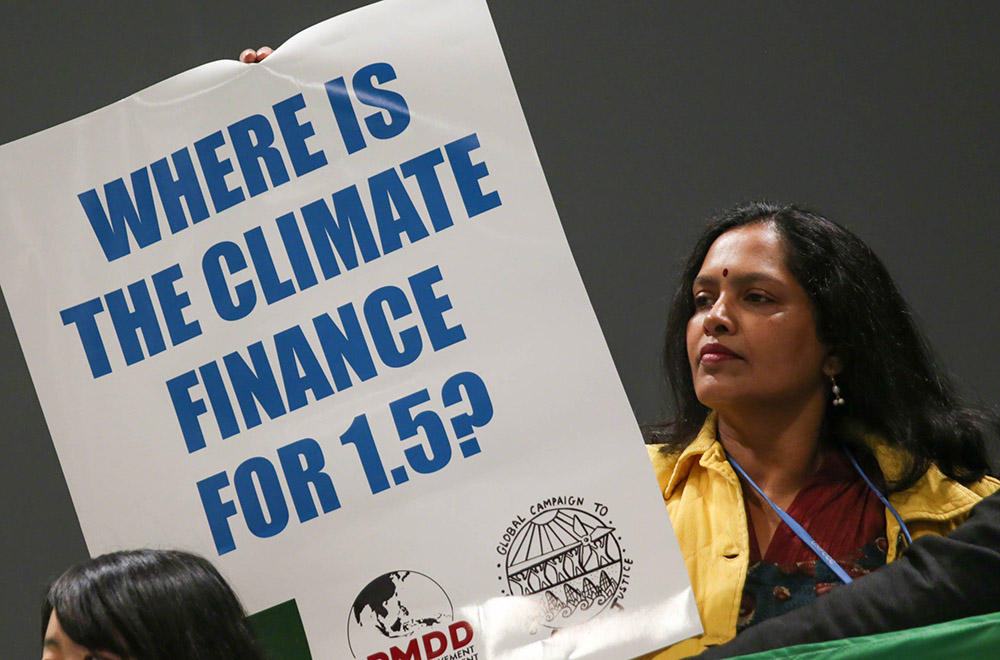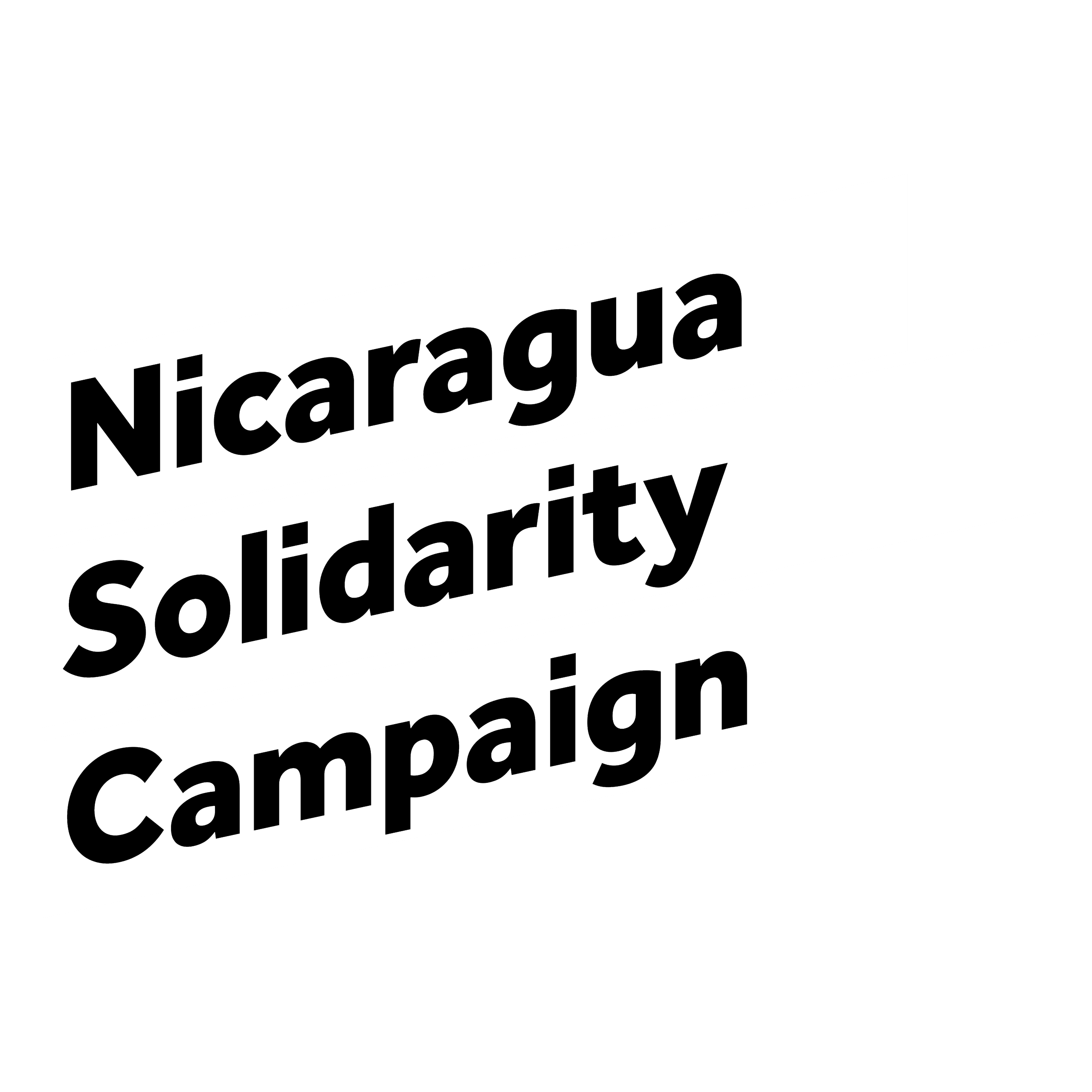
What would a successful outcome of COP26 look like?
According to *Dr Paul Oquist, the former head of the Nicaraguan COP Delegation and author of Equilibra: The Philosophy and Political Economy of Existence and Extinction, there are two keys to saving climate change negotiations.
The first is increasing the level of ambition, commitment and action to cut carbon emissions particularly on the part of the largest polluters, and the second is climate finance for developing countries.
However, climate finance should not be limited to adaptation and mitigation but must also include as a co-equal category losses and damages.
Moving from despair to confidence in the future
The world simultaneously faces the consequences of the Covid-19 pandemic, the long lockdowns, an economic downturn, extreme inequality, polarisation….and the climate crisis. This combination of factors has resulted in fear going viral and confidence in the future turning to despair.
As Dr Oquist points out ‘if all we have to contemplate in the next decade is a worsening climate crisis, recurrent outbreaks of Covid-19, more lockdowns, falling GDPs, and billionaires becoming ever richer, the depression we will face will become economic, social and environmental.’
The key to recovery will require re-establishing confidence and hope in the future.
When global leaders, particularly those from high carbon emitting countries, gather in Glasgow in November for COP26, they will be taking decisions that will be critical to shaping the future of people and the planet.
An end to the failed conferences ‘skewed in favour of recalcitrant developed countries.’
Although the Paris Agreement of 2015 was hailed as a major breakthrough, the collective commitments made at the Conference would have led to a world average temperature increase of 3.7°C, spelling catastrophic temperatures rises of 4-6°C in the tropics, deserts and arctic regions.
UN Secretary General António Guterres declared COP25 in 2018 in Madrid the ‘Ambition COP’. However, this Conference was a failure because the outcome was skewed in favour of recalcitrant developed countries.
COP26 in Glasgow is of critical importance. ‘If it were to fail, it will be the end of the UN climate negotiations. The credibility of the process cannot survive two consecutive failures. Success, however, will save the climate negotiation process.’
What would a successful COP26 outcome look like?
*An official declaration adopting the Intergovernmental Panel on Climate Change’s (IPCC) analysis and goals on how to limit global warming to 1.5°c above the pre-industrial level.
* An agreement on three key goals:
1) TO ACHIEVE A SUSTAINABLE, CIRCULAR, NET ZERO EMISSION SOCIETY BY 2050
2) TO REDUCE GREEN HOUSE GAS EMISSIONS BY 45% BY 2030 IN ORDER TO POSITION OURSELVES FOR THE 2050 OBJECTIVE
If achieving a ‘sustainable, circular, net zero emission society by 2050 is not the first priority for recovery, COP26 will not sail, and will sink in a sea of competing priorities’.
CLIMATE FINANCE
To enable developing countries to be protagonists in the fight against cutting emissions resources are crucial. These resources must be not only for adaptation and mitigation but also for losses and damages suffered in countries that bear little or no responsibility for the climate crisis.
The UN Framework Convention on Climate Change (UNFCCC) and the Paris Accord all state that developed countries have an obligation to supply finance, technology and capacity building to developing countries.
In Copenhagen in 2009, then US Secretary of State Hilary Clinton announced climate finance of US$100 billion annually per year starting in 2020. What this proposal did was to contribute to a lost decade of reduced climate finance.
Despite the annual US$100 billion commitment being reiterated in multiple annual COP documents, there is no working group or road map being prepared. In fact the actual figure since 2015 has been less than $US15bn annually to the Green Climate Fund and the Global Environmental Facility.
Concerned about the negative impact of non-compliance on the credibility of the entire climate negotiating process, UN Secretary General António Guterres invited French President Emmanuel Macron and Jamaica’s Prime Minister Holness to formulate a proposal on the US$100 billion.
There is a recognition that these resources must come not only from public sources but also from the US$ 210 trillion in private assets only a small part of which is dedicated to climate investments.
Nothing would restore the credibility of the climate negotiations, or set a positive tone for COP26 in Glasgow more than to announce:
3) THE ANNUAL US$100 BILLION HAS BEEN ASSURED WITH PUBLIC FUNDING AND PRIVATE INSTITUTIONAL INVESTOR SUPPORT FOR CLIMATE INVESTMENT FUNDS
This article is based on extracts from The Diplomat, November 2020 https://diplomatmagazine.com/ambition-climate-finance/
* Dr Oquist, a tireless leading international advocate for climate justice, died in Managua on 13 April, 2021 at the age of 78.

